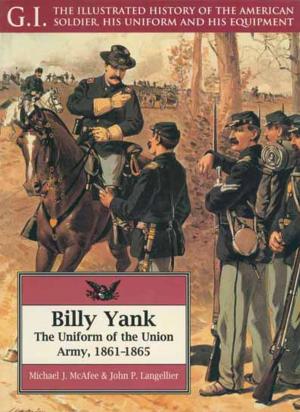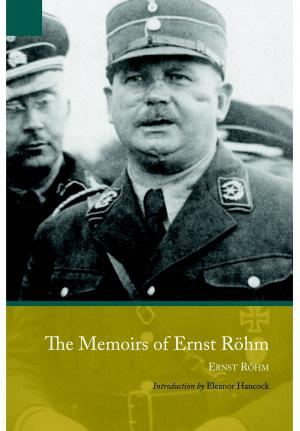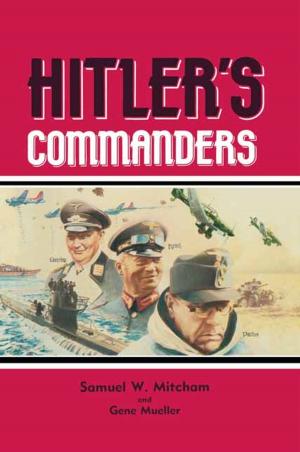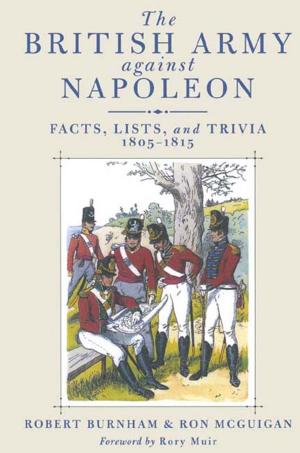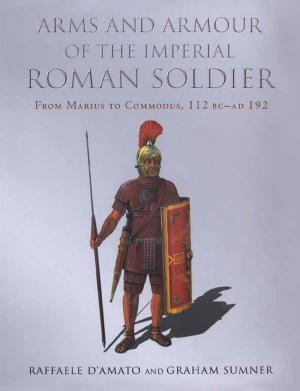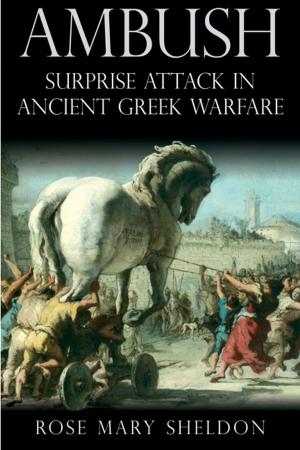| Author: | James Dunning | ISBN: | 9781783030880 |
| Publisher: | Frontline Books | Publication: | May 19, 2012 |
| Imprint: | Frontline Books | Language: | English |
| Author: | James Dunning |
| ISBN: | 9781783030880 |
| Publisher: | Frontline Books |
| Publication: | May 19, 2012 |
| Imprint: | Frontline Books |
| Language: | English |
This book tells the fascinating story of the origins of the Commandos (Britain's first Special Service troops and the forerunners of today's Parachute Regiment, the SAS and the SBS) and the development of their special training in World War II. The commandos were raised on the specific and personal orders of the prime minister, Winston Churchill, in the dark days of the summer of 1940 when these islands faced the real threat of a Nazi invasion. It was a bold, but typically Churchillian, decision.
The book traces the formation of the Commandos and the development of the extreme and often unorthodox training methods and techniques used to prepare the volunteers from all branches of the British Army for subsequent world-wide-operations from 'bolt and butcher' raids to the 'great raids' on Norway and France and finally their employment in the full scale invasions of North Africa. Sicily, Italy, Normandy, the Crossing of the Rhine and finally in Burma, whilst at all times fostering that indomitable fighting spirit with which the name 'Commando' became synonymous. So great was the Commandos' contribution in that war that the Army Commandos were awarded thirty eight Battle Honors and these are emblazoned on the Commando Flag which hangs in Westminster Abbey. Arguably the Army Commandos were disbanded too hastily after the War but their legacy, traditions and fighting spirit lives with those artillery, engineer and corps troops who today win their coveted 'Green Berets' and serve alongside their comrades of the Royal Marines on active service today.
This book tells the fascinating story of the origins of the Commandos (Britain's first Special Service troops and the forerunners of today's Parachute Regiment, the SAS and the SBS) and the development of their special training in World War II. The commandos were raised on the specific and personal orders of the prime minister, Winston Churchill, in the dark days of the summer of 1940 when these islands faced the real threat of a Nazi invasion. It was a bold, but typically Churchillian, decision.
The book traces the formation of the Commandos and the development of the extreme and often unorthodox training methods and techniques used to prepare the volunteers from all branches of the British Army for subsequent world-wide-operations from 'bolt and butcher' raids to the 'great raids' on Norway and France and finally their employment in the full scale invasions of North Africa. Sicily, Italy, Normandy, the Crossing of the Rhine and finally in Burma, whilst at all times fostering that indomitable fighting spirit with which the name 'Commando' became synonymous. So great was the Commandos' contribution in that war that the Army Commandos were awarded thirty eight Battle Honors and these are emblazoned on the Commando Flag which hangs in Westminster Abbey. Arguably the Army Commandos were disbanded too hastily after the War but their legacy, traditions and fighting spirit lives with those artillery, engineer and corps troops who today win their coveted 'Green Berets' and serve alongside their comrades of the Royal Marines on active service today.

